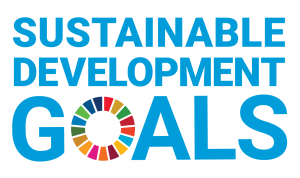At Carleton, we constantly strive to ensure sustainability is present in all our operations. Click the images in the panel below to learn more about sustainability efforts in our each of our main areas of focus. You can also view more in-depth data and information on our Sustainablity Data Dashboard.
Carleton also works to address the United Nations Sustainable Development Goals (SDGs) throughout its operations. Click the image below to learn more about the SDGs Carleton focuses on and how we address them.
